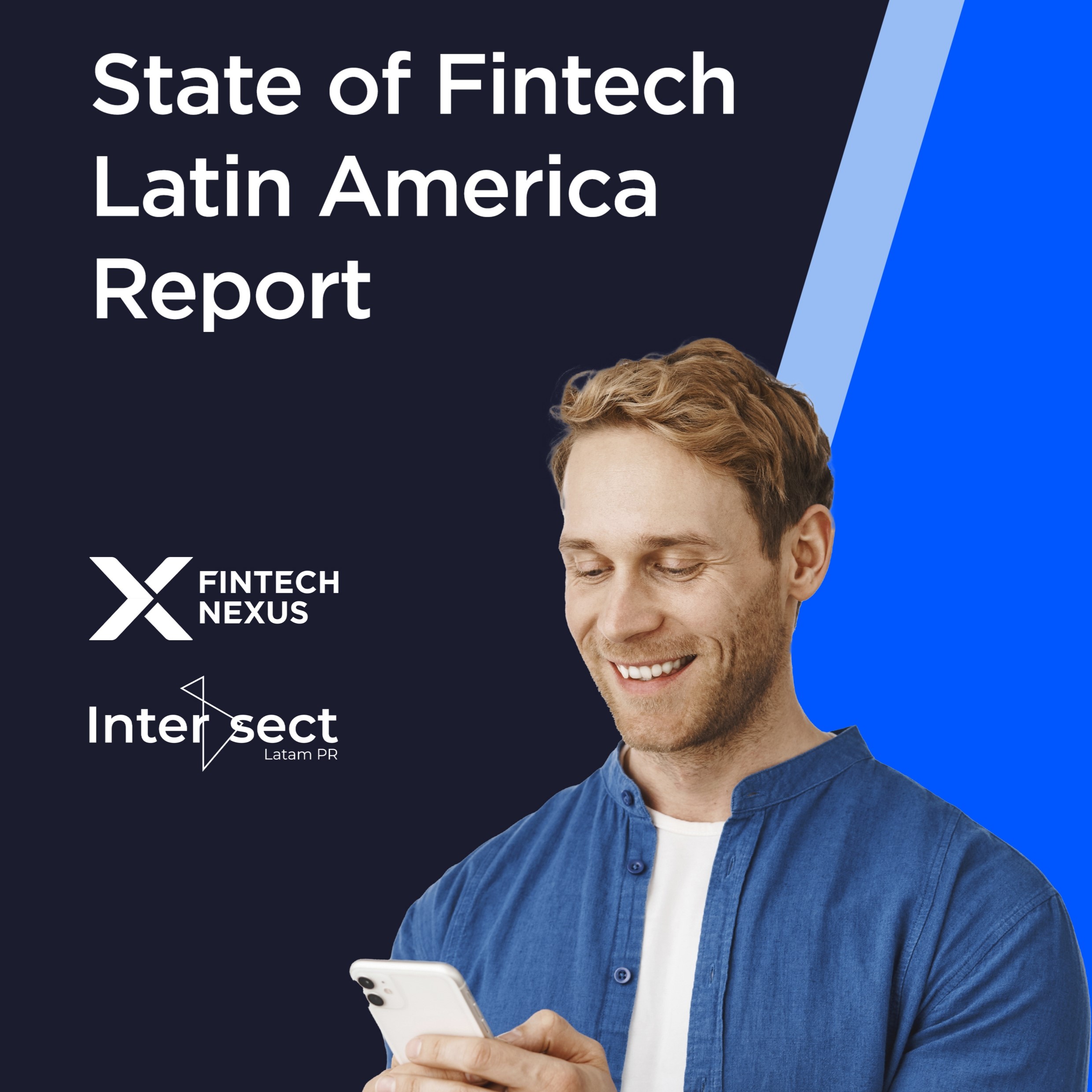Sustained Interest Rates Across Latin America Represent the Single Biggest Barrier to Fintech Funding According to State of Fintech Latin America 2023 Report
- Funding downturn ‘already factored in’ to expectations, according to 52.5% fintech professionals
- Generative AI already integrated into regional banking and fintech operations
- ‘Friends and family’ continue to represent the single biggest influence on bank selection in the region
Sustained, high interest rates across the region represent the biggest challenge to securing funding according to 44.5% of fintech professionals working in Latin America, according to new data from LatAm Intersect PR/Fintech Nexus State of Fintech Latin America report. This is especially so for respondents working in traditional B2B institutions (77.8%), online-only B2B institutions (50.0%), and fintech technology suppliers (57.1%).
According to the same research, 52.5% of regional professionals surveyed believe this year’s funding downturn is an ‘inevitable aspect of the business cycle’ and has already been factored into expectations.
The findings appear in this year’s report, compiled with insights from 300 fintech and banking professionals working in the region. Now in its third year, the report details the issues, opportunities and barriers facing the region’s fintech sector. Previous years have highlighted the potential of fintech to address wider societal issues such as financial inclusion, as well as boost traditional sectors such as agriculture, the heart of the Latin American economy.
Last year, fiscal and commercial incentives (i.e. subsidies and discounts) to encourage online transactions were considered the second biggest fintech driver; this year they dropped to third, decreasing from 30.6% to 19.0%. In turn, deeper and cheaper smartphone penetration across the region is now considered the second positive driver (for 24.0% of respondents) behind government regulation to reduce bank fees and charges for under-represented consumer segments at 31.5%.
This year, while banking inclusion continues to be highlighted as the single biggest opportunity for the Latin American fintech sector (according to 48.5% of surveyed respondents – a slight drop from last year (53.2%)), other, newer issues emerged from this year’s research, particularly with respect to technology.
A significant ‘Web3 gap’ also emerged with 19.0% respondents acknowledging the opportunity but admitting to having no current offering in the market, up from 7.6% last year. Respondents describing Web3 services as irrelevant for the present with no plans to invest also dropped from 30.1% to 18.5%. This year saw a decrease in respondents from 58.6% to 52.5% describing it as ‘too early to tell’ but who are maintaining an ‘active interest’.
“The State of Fintech Latin America survey reveals, not just the realities facing the sector – ‘a supportive regulatory environment’, for instance, according to 34.5% respondents – but the progress being made across the region. According to our data, 42.5% of respondent organizations have already incorporated Generative AI into their customer service functions, and 34.0% are using the technology to support research and insights. This is a massive shift with respect to a technology which has been available – in reality – for barely a year,” says Joy Schwartz, President of Fintech Nexus.
“The State of Fintech Latin America report has become a reference in the regional fintech scene, in many cases confirming that the ‘presumed logic’ of other markets cannot simply be replicated without consideration of local market realities. In Latin America, for instance, banking inclusion is considered an opportunity not just for consumer-facing financial institutions, but for their b2b counterparts, with 77.8% of respondents from the latter segment highlighting it as a priority (significantly higher than the all-respondent average of just 29.3%,” says Roger Darashah, Director and Co-founder of LatAm Intersect PR.
“In addition, when Latin American consumers are selecting a bank, respondents continue to cite friends and family as the main source of information and recommendation (representing 55.0% in 2023, down just 0.2% from 2022). This is a vital and practical insight for banks and fintechs looking to deepen banking inclusion across the region, and quite distinct from markets such as North America and Europe where Web research plays a far more important role.” he adds.
About LatAm Intersect PR
LatAm Intersect PR is a public relations firm specializing in corporate and consumer campaigns for clients across the Latin American region.
‘Intersect’ refers to our central tenet: in a world of big data and automation, the ability to connect with people on their terms, to inform and persuade them of a particular point of view through relationships, evidence and discussion is more important to businesses than ever. We help clients leverage their intersections with audiences ranging from customers and employees, to business partners and investors across the region.

Fintech Nexus is a world renowned niche media company focused on the future of financial services. We cover digital and neo banking, AI underwriting, lending, fraud, retail investing, payments, regulation, crypto, decentralized finance and Web3. Our core publications include: Fintech Nexus News and The Fintech Blueprint. Our community includes more than 220,000 fintech builders, bankers, investors and ecosystem partners.
The organization operates in the center – the ‘nexus’ – of everything that is fintech. We help our subscribers stay informed and our sponsors increase brand awareness and generate business leads.















